Partner
COOPERATIVE 3P
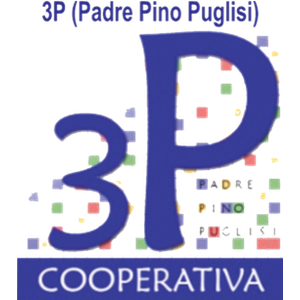
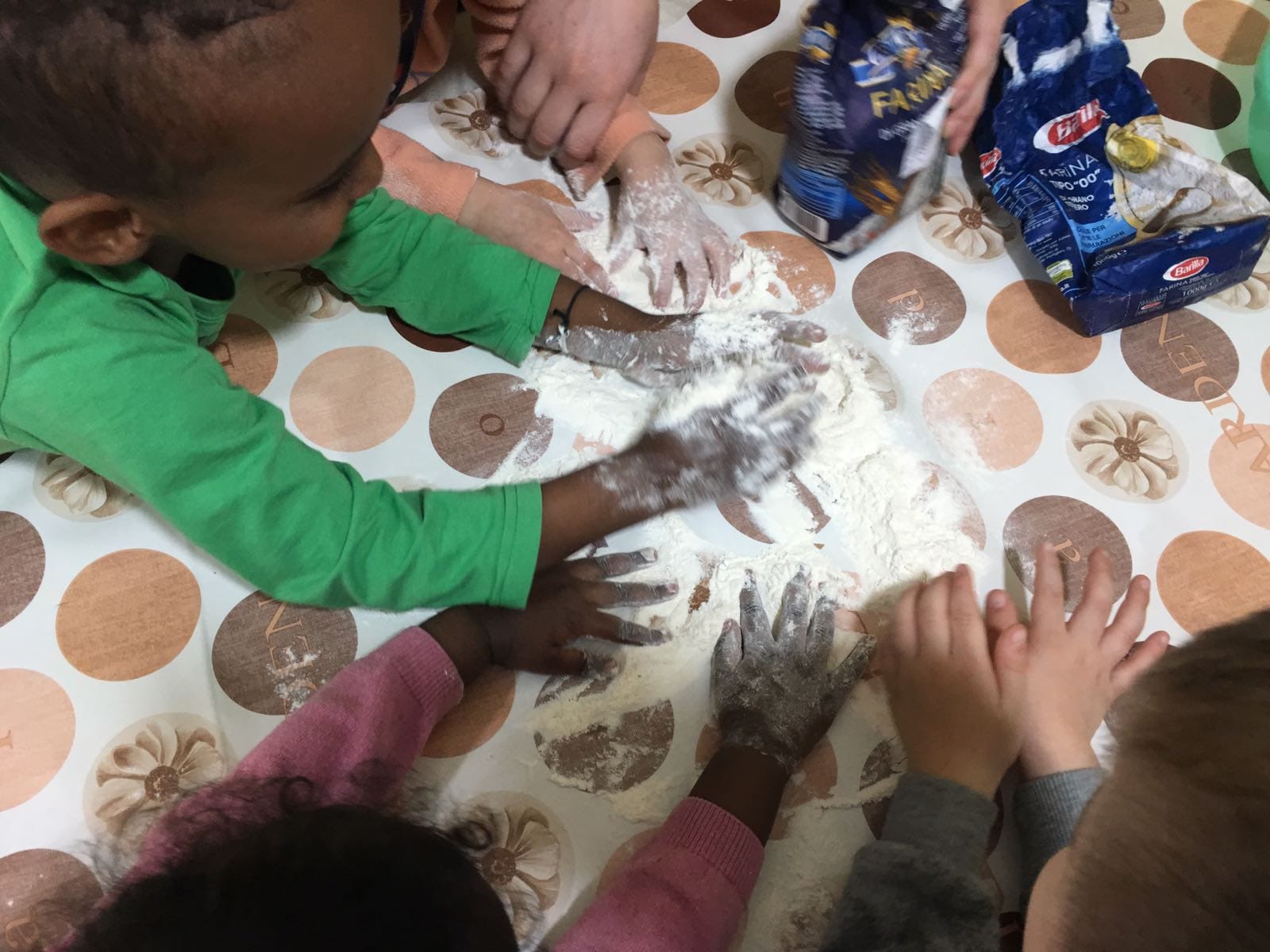
Società Cooperativa Sociale 3P (Father Pino Puglisi) was born in Palermo in 2009. It carries out its work in favour of families and minors who present problems of an economic, social and family nature through the provision of social assistance services aimed at affirming the culture of legality, solidarity and social and human promotion. In accordance with Art. 1 of Law 381/1991, The Cooperative is non-profit-making and aims to pursue the general interest of the community for the human promotion and social integration of citizens by promoting the development of the spirit of mutualism and solidarity through the management of social and educational assistance services.
The main activity of the Cooperative is the management of three housing communities “Casa Tartaruga 1, Casa Tartaruga 2 and Albatros”, which offer assistance to minors and families in conditions of socio-economic and psychological distress.
Casa Tartaruga 1 and 2 offer assistance and support to mothers and children temporarily separated from their home unit for reasons of socio-economic, psychological, abuse and mistreatment or any conduct of negligence or neglect that even temporarily minises the parenting skills of one or both parents. Within the Community, thanks to the support of well-trained professionals (psychologist, social worker, educators and manager), the mother is offered the opportunity to regain her role as a parent through a path of ‘re-education’ to parenthood. Within the community, children can find a serene atmosphere where they can have ‘healthy’ experiences.
Albatros welcomes Italian and non-Italian minors, for whom the judge has ordered the inclusion in the community, aged between 14 and 18, an age that can extend up to 21. The aim is to give the children what, even if only temporarily, their family of origin is no longer able to give them, offering them a family-type context with rules to respect and values to be instilled. The aim is to reintegrate into one’s home nucleus, where this is possible and does not create any harm to the child. Different is the mission in the case of unaccompanied foreign minors for whom a path of integration and social inclusion is expected within a country for their foreigner.
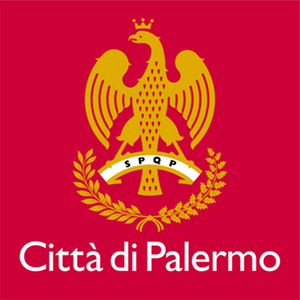
Guarantor for Childhood and Adolescence
Of the Municipality of Palermo
The Guarantor for children and adolescence has the task of ensuring respect for and implementation of the rights of children and girls, boys and girls present in the Municipal territory, promoting in agreement with the bodies and institutions that deal with it, initiatives for the dissemination of a culture for children and adolescence, aimed at the recognition of child age groups as rightholders and supporting forms of listening and participation of children and adolescents girls, boys and girls to the life of the community; it also has the task of monitoring the assistance provided to minors admitted to educational-welfare institutions, residential facilities or in any case in environments outside their family, reporting to the competent bodies the appropriate interventions;
and verifies the effectiveness of actions and programmes adopted by the sectors responsible for socio-educational policies, as well as preventively, on the impact on minors of new administrative interventions also in sectors other than those directly aimed at children and adolescence.
Conil
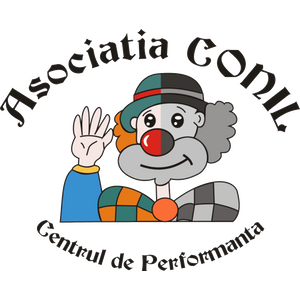
The Conil association is a non-profit organization in Romania, this year the association celebrates 12 years of activity that have been used as follows:
- Helping learning in atypical children
- Maxim ing their potential
- Converting their weaknesses into power putts
- Develop educational projects for both atypical and typical children
Conil started out as a little NGO, but with great determination and great hopes they continued to pursue their dreams
They currently offer educational and therapeutic services to a few hundred special children, 60 of them are included in their schools, more than 200, participate in their projects.
The differences between their school and the public school are numerous:
- A small number of pupils per class
- They structure teaching according to the needs of each child
- They welcome both typical and atypical children
- They have a multidisciplinary team
Feed the children
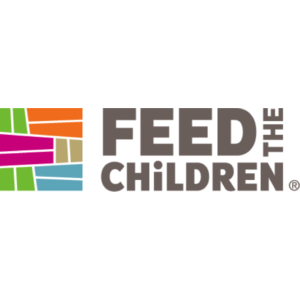
C-1.png
The Feed the Children association is led by a group of people who strongly help promote and provide educational activities for all children.
Our mission is to improve the quality of life of people deprived at socio-economic level; attract public attention to community issues; encourage cooperation between the government and non-governmental sectors.
Our objectives are:
- Supporting institutionalised children from disadvantaged socio-economic families
- Development of alternative services to communities
- Development of diversified cocial, medical and educational care programs that reduce the risk of separating children from their families and eliminating school dropouts
- Development of voluntary services and solidarity for disadvantaged groups at psychological, social and economic level
- Development of training programmes for staff in institutions in the spirit of respect for children’s rights and human dignity
- Development of working tools and quality standards for more effective intervention in the protection of children’s rights
- Conduct studies and research in the complex field of social assistance to improve activity and constantly adapt services to users’ needs
Hranites
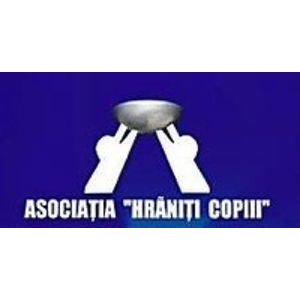
Asociatia Hraniti Copiii – Feed the Children. The mission is to improve the quality of life of socio-economic deprived people; to attract public attention to the community’s problems; to encourage cooperation between the governmental sector and the non-governmental one.
Feed the children Association is led by dedicated individuals, all of whom contribute energy to promote and provide educational activities for all affected the children.
About team and staff
- Permanent employed personnel: 5 (a psychologist, a social worker, two educational trainers and an accountant)
- Volunteers/ Coworkers: 10 (IT, Drama, Dance, Fine Arts, Foreign Languages).
Thanks to Asociatia Hraniti Copiii – Feed the Children!
Union of Aldermen
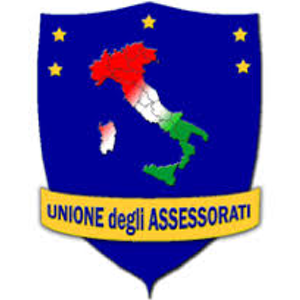
a non-profit organization, created in 2005 by a group of municipalities. Today it has more than 32 local authorities (municipalities) located in the southern Italian regions, as active members. The mission of the Union of Assessors is to support the members of the Municipalities in the drafting and management of innovative projects, implementing alternative solutions to meet specific social and environmental challenges, and to support members with studies and research focused on local development, local administrations, good governance and citizen participation.
The technical assistance sector for local public authorities has the following main objectives:
- acquire elements of knowledge regarding local and foreign initiatives and transmit them to the associated administrations;
- promote the exchange of information between members of administrations;
- carry out social, socio-cultural, socio-environmental studies and research;
- develop, propose and implement social interventions, projects, initiatives and evaluation experiments, proposing integrated services to administrations;
- promote, support and carry out training activities and projects in the social sector aimed at public employees.
The Training Sector contributes to the implementation of initiatives for social purposes, developing specific programs and models of action and carrying out targeted activities that allow the individual to develop further, through the growth of his skills. These interventions may also involve the initial preparation and execution of a specific function or the continuous improvement and updating of professional knowledge, skills and competences, in a continuous process in search of exc
ellenceThe Observatory sector offers support to public administrations in order to plan socio-health and employment policies in order to optimise the use of financial and human resources. The Observatory intends to offer public officials responsible for the management of social policies an information system that, through specific investigative activities of the territory, plays a supporting role in the process of planning an integrated system of interventions. The ultimate objective is to support public authorities in the provision of social services, to create the conditions for the development of a local welfare system based on identified needs.
The publishing activity: publishing house – social books. Unione degli Assessorati has set up its own publishing house to give visibility to its research and analysis in the field of social affairs and labour policies.
The periodical “City in motion” (since July 2006): the quarterly periodic editing on social updating, which tries to outline in each issue an emerging social phenomenon, bringing out the social foundations of the illnesses that often characterize large cities. The first issue contains evidence of new styles of drug use and sets out the starting point for Parliament’s annual report on the state of drug addiction in order to outline the literature from a sociological point of view.
University of Palermo
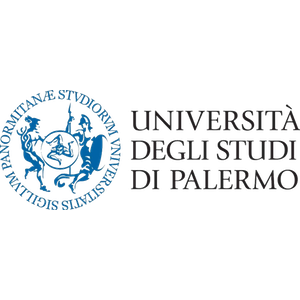
The University of Palermo (Italy) is one of the oldest and largest Universities of Italy. She is engaged in research and training in the most important areas of scientific and technological knowledge.
The Department of Psychological and Pedagogical Sciences of the University of Palermo has been active since 1987. Within the department teachers and researchers work in different fields and disciplines: anthropology, social psychology, clinical psychology, cognitive psychology, neuropsychology, sociology, and pedagogies. The department is structured in two main axes:
- Apply psychological and behavioral sciences for the promotion of well-being and for the prevention of mental disorders and psychopathological behaviors.
- Study social processes, behaviors and human relationships through an interdisciplinary perspective focusing on the integration between psychological, social and cultural factors to give support, intervention and educational policies to public administrations to businesses and services and organizations
